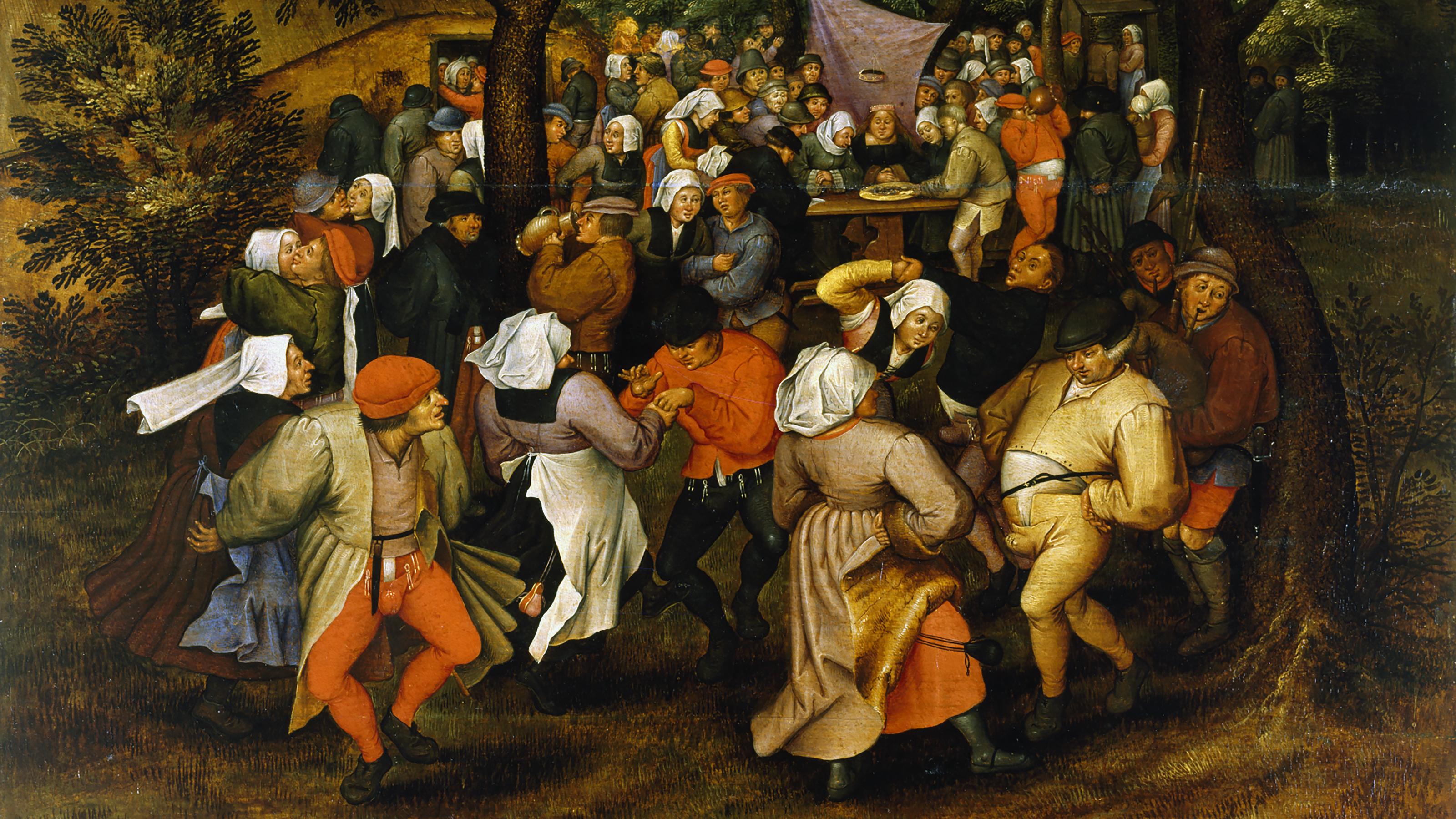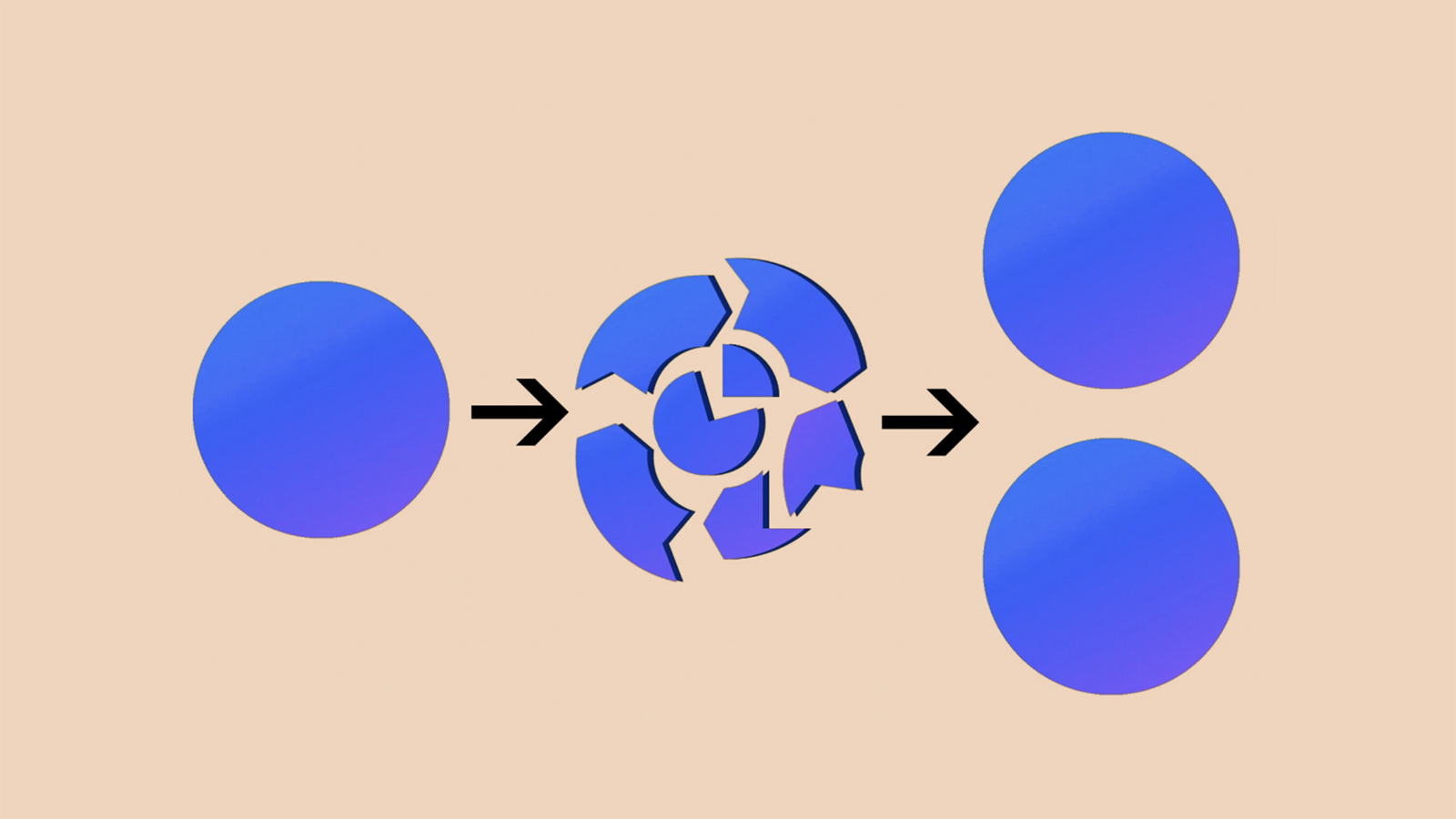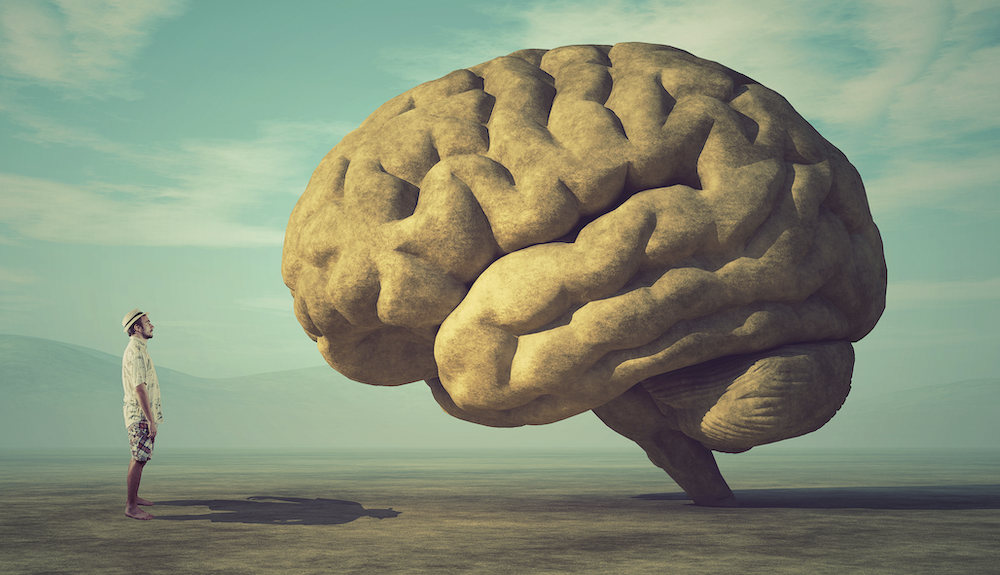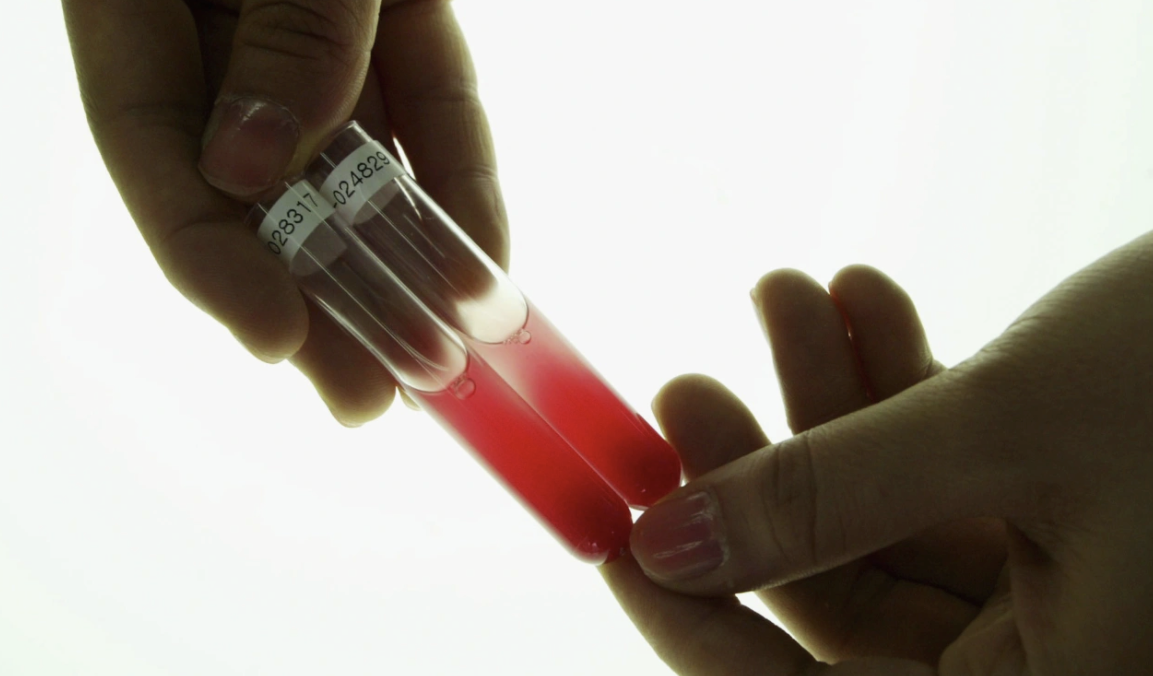Matt Davis
Matt Davis writes stories about science, technology, bizarre anecdotes from history, esoteric odds and ends, bleak but nevertheless fascinating environmental issues, and whatever else grabs his easily grabbed attention.
Throughout history, hundreds — sometimes thousands — of people have been spontaneously compelled to dance until collapsing or dying from exhaustion. What explains this bizarre phenomenon?
Hint: They hold off on talking about their alien god until much later.
From health to leadership abilities, a good sense of humor can help improve many aspects of life.
Our society mostly emphasizes developing logical, procedural thinking skills, but this isn't the only way to come up with great ideas.
From time-traveling billiard balls to information-destroying black holes, the world's got plenty of puzzles that are hard to wrap your head around.
From questionable shipwrecks to outright attacks, the Sentinelese clearly don't want to be bothered.
A bat and a ball cost $1.10 in total. The bat costs $1.00 more than the ball. How much does the ball cost?
In some Asian countries, what's in your blood may influence your social status.
Graphene is insanely useful, but very difficult to produce — until now.
Researchers have recently discovered two of the genes that govern this weird-looking salamander's ability to regenerate limbs, eyes, and even its brain.
Researchers confirmed that the mummy known as Takabuti died from a stab wound to the back.
Numerous drugs designed to treat diabetes, arthritis, and other conditions may actually have secret anti-cancer properties as well.
Being a specialist used to be the way forward, but the future belongs to people who can adapt to any given scenario on a dime.
Is it ethical to use a dead man's sperm to become pregnant?
The new strain of coronavirus that has spread across Asia is causing concern ahead of China's Lunar New Year.
With just a few strategical tweaks, the Nazis could have won one of World War II's most decisive battles.
A new device shows promising results in its ability to convert CO2 and water into useful fuels.
In 2017, researchers believed they had found evidence for the elusive Majorana fermion. Now, a new study found that the exotic class of particles may still be confined to theory.
There's a lot we can do with current technology to help stem the tide of climate change, but future technology may help even more.
Is the way we choose which animals to protect out of date?
New research suggests the ocean current that delivers warm water to Europe has a one-in-six chance of halting temporarily over the next hundred years, potentially resulting in freezing temperatures.
The Mars 2020 rover is set to launch in July of the same year, setting the stage for years and years of science on the Red Planet.
You've likely heard of solar energy, but what is osmotic energy?
The racing plane is hoped to be the fastest electric plane in existence.
Man's best friend indeed.
All this from a wad of gum?
Recent research estimates that the growth of emissions slowed down to 0.6 percent in 2019. However, this still means that humans released more CO2 into the atmosphere in 2019 than in any other year.
A new method of measuring human exposure to the potentially toxic chemical calls into question regulatory policy.
Following two deadly crashes, the FAA has been engaged in a lengthy review process of the Boeing 737. With recent news that the review may continue into 2020, Boeing has opted to halt production of the plane.





























